David Armstrong, Wisconsin State Representative for 67th District | https://www.facebook.com/RepArmstrongWI/
David Armstrong, Wisconsin State Representative for 67th District | https://www.facebook.com/RepArmstrongWI/
According to the Wisconsin State Legislature's official website, the bill was described as follows: "the use of federal capitalization grant funds for lead service line replacement. (FE)".
The following is our breakdown, based on the actual bill text, and may include interpretation to clarify its provisions.
In essence, this bill amends existing statutes to permit the use of federal capitalization grant funds for the forgiveness of loans specifically for the replacement of lead service lines, overriding a current prohibition against using such funds for principal forgiveness to private owners of community water systems. By altering the current policy, the bill aims to facilitate financial assistance for replacing lead service lines, a crucial public health improvement project. The Department of Administration and the Department of Natural Resources administer the safe drinking water loan program, which provides financial aid to local government units and private water system owners for water system projects. The modification targets the allocation of federal funds to support these replacements, promoting safer drinking water standards.
The bill was co-authored by Senator Romaine Robert Quinn (Republican-25th District), Representative Elijah R. Behnke (Republican-6th District), Representative Jeffrey Mursau (Republican-36th District), Representative Jerry L. O'Connor (Republican-60th District), and Representative Duke Tucker (Republican-75th District). It was co-sponsored by Senator Cory Tomczyk (Republican-29th District).
David Armstrong has co-authored or authored another 17 bills since the beginning of the 2025 session, with none of them being enacted.
Armstrong, a Republican, was elected to the Wisconsin State Assembly in 2025 to represent the state's 67th Assembly district, replacing previous state representative Rob Summerfield.
In Wisconsin, the legislative process starts when a senator, constituent, group, or agency proposes an idea for a bill. After drafting, the bill is introduced, numbered, and referred to a committee for review and public input. If approved, it moves through three readings and votes in both the Senate and Assembly. Once both chambers pass the same version, the bill goes to the governor, who can sign it, veto it, or let it become law without a signature. Only a small share of bills introduced each session ultimately become law. You can learn more about the Wisconsin legislative process here.
| Bill Number | Date Introduced | Short Description |
|---|---|---|
| AB59 | 02/24/2025 | The use of federal capitalization grant funds for lead service line replacement. (FE) |
| AB53 | 02/24/2025 | Special circumstances battery to a community service officer and providing a penalty |
| AB41 | 02/17/2025 | Local regulation of vegetable gardens |
| AB35 | 02/17/2025 | Withdrawal of candidacy for certain offices filled at the general election and providing a penalty. (FE) |
| AB21 | 02/06/2025 | Technical colleges’ lease of their facilities to others. (FE) |
| AB12 | 02/06/2025 | State agency status for certain physician assistants and advanced practice nurses who provide services without compensation for local health departments or school districts. (FE) |
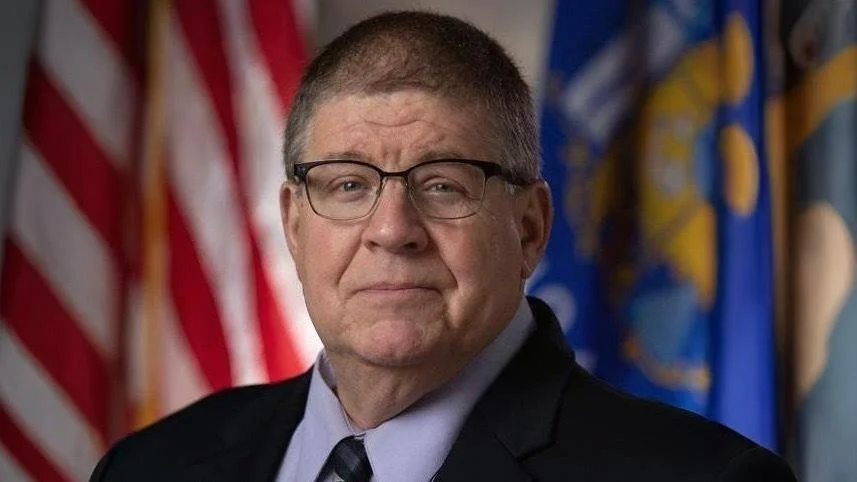
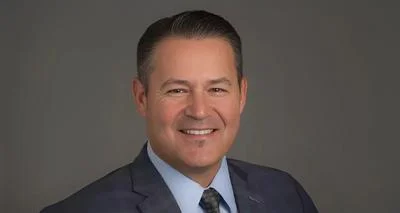
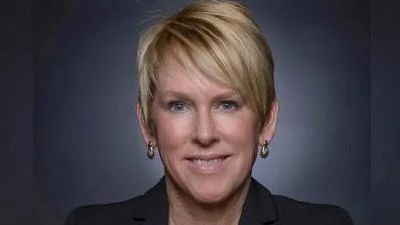
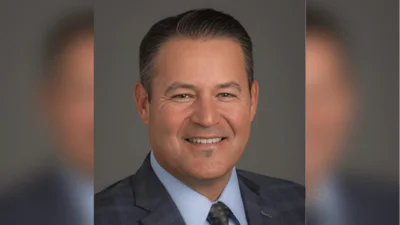
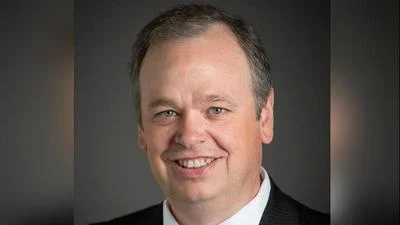
 Alerts Sign-up
Alerts Sign-up